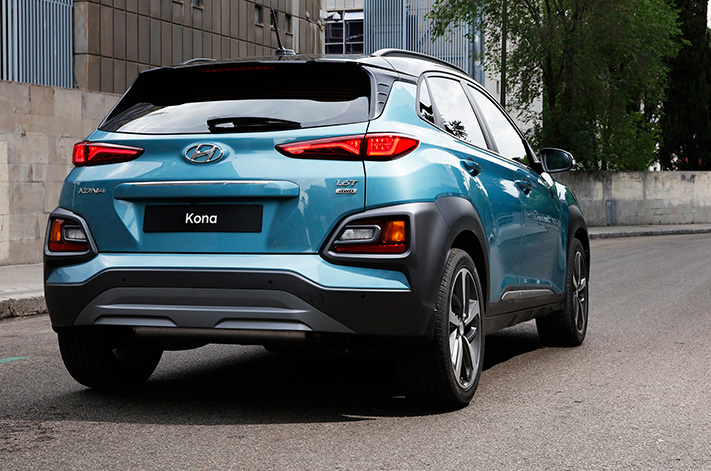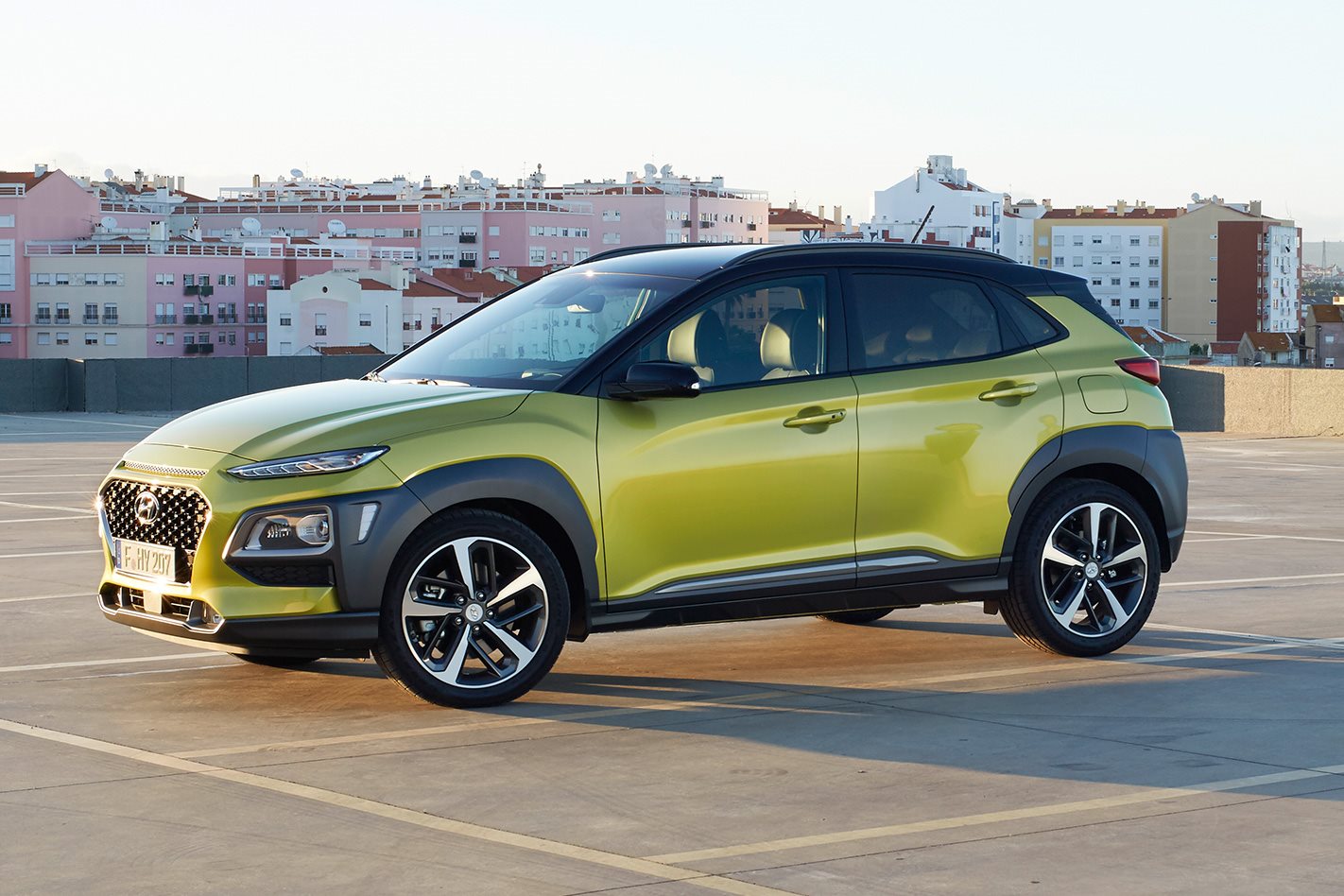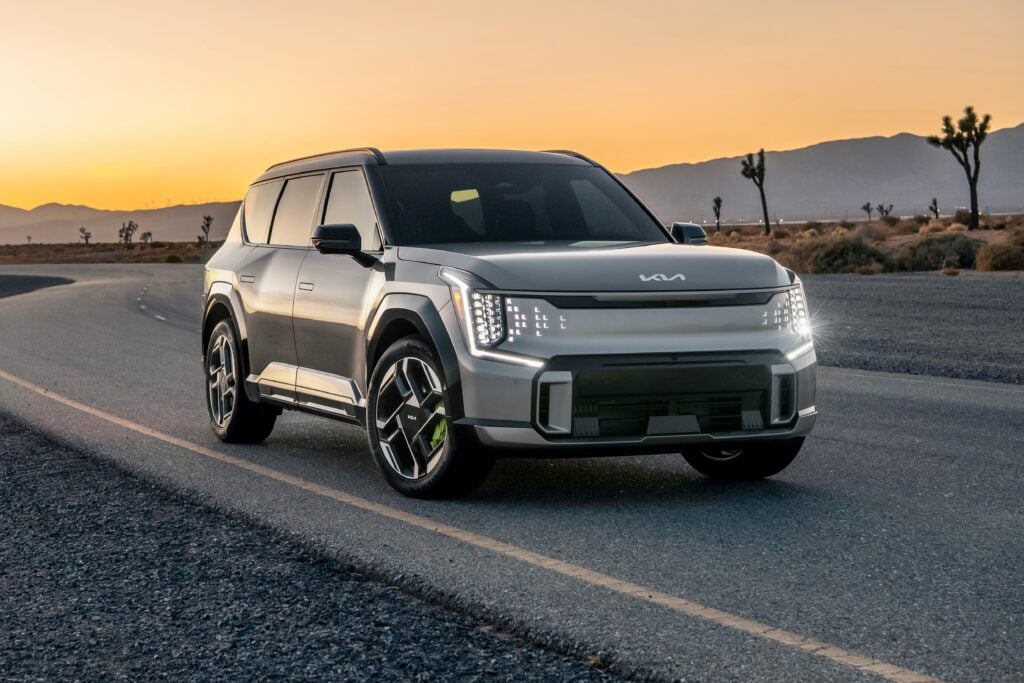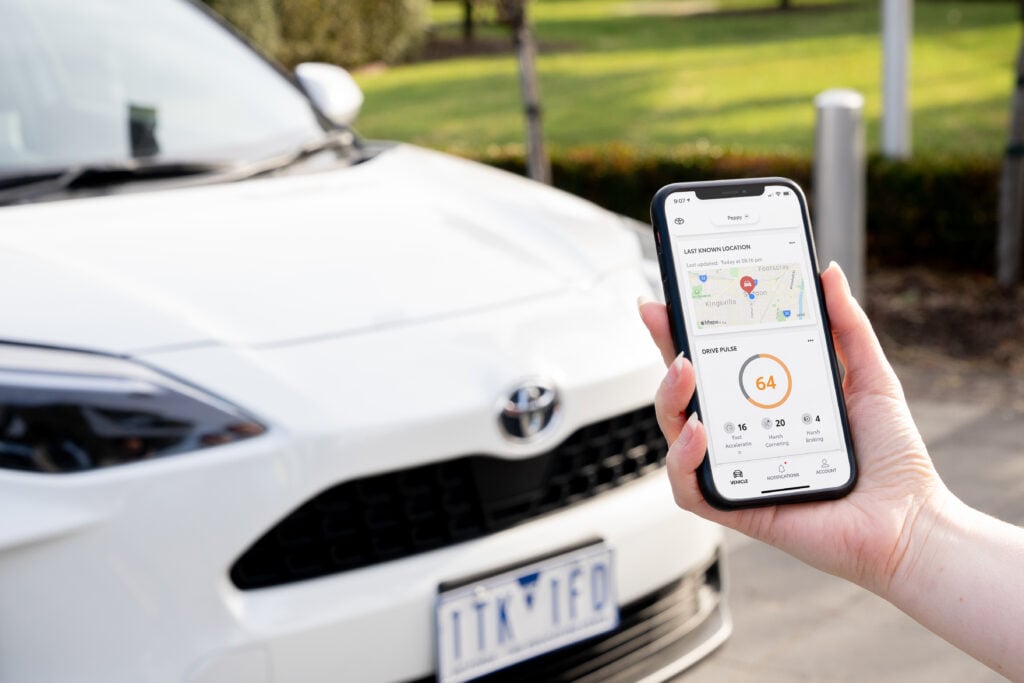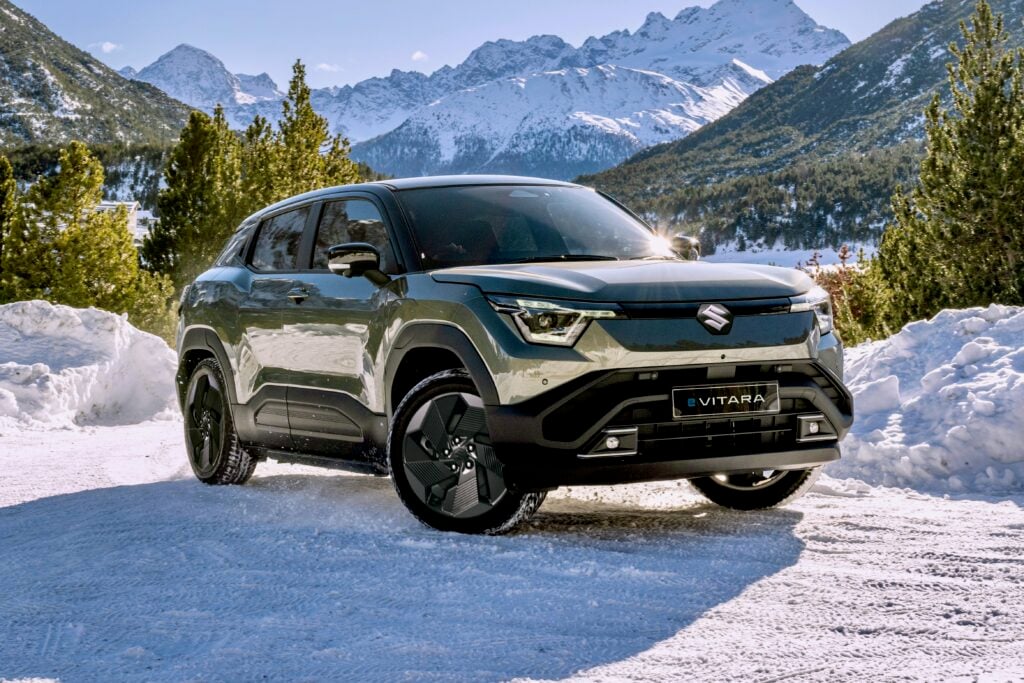HYUNDAI will introduce a battery-powered version of the Kona in 2018, with an electric-only range of 390km.
The announcement was made following the global reveal of the regular Kona SUV at a media event in Seoul, South Korea, yesterday.
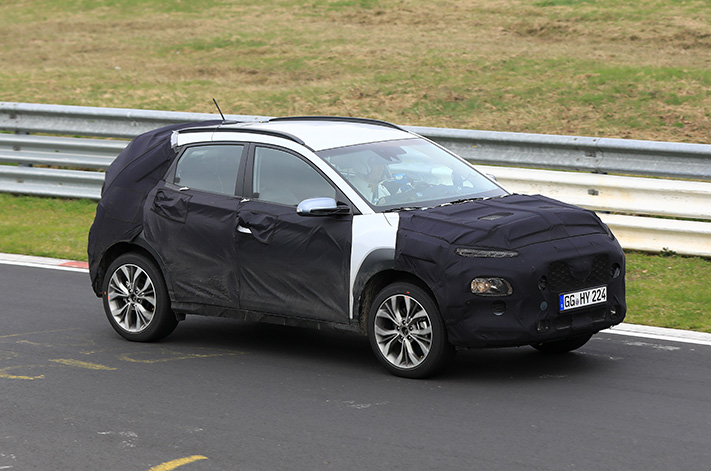
“I’m very excited by that,” said Hyundai Australia chief operating officer Scott Grant. “Would we put our hand up for it? Absolutely,” he said.
“It proves that the company has the ability to develop the latest technology, which gives great confidence about where we’re positioned.
The Ioniq range [Hyundai’s hybrid, plug-in hybrid and fully electric hatchback] is a here-and-now version of that, so to expand into Kona and then potentially other products over time seems to makes sense.”
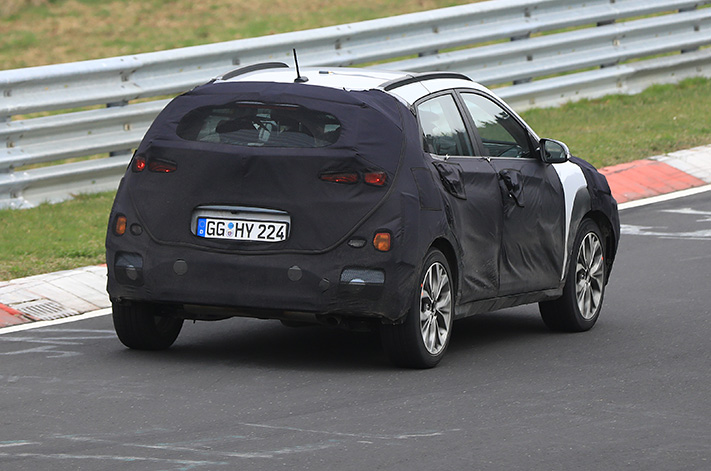
The electric Kona and hydrogen SUV will be two of 31 new Hyundai SUV variants promised by 2020, including a smaller, A-segment SUV to sit below Kona.
Local acceptance of alternative drivetrains in Australia remains extremely low, though Grant said he believed that was about to change.
“I think the Australian market is going to move that way. If you talk about EV in Kona, you’re talking about a conventional application of some of the latest technologies.
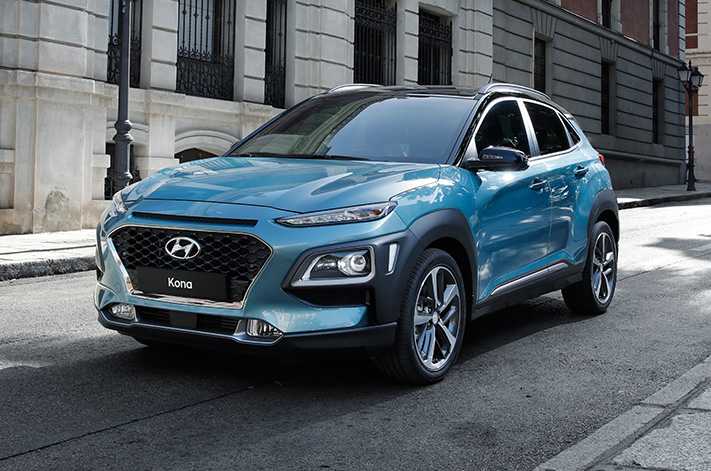
“We’re ready to go when the market reaches that tipping point. There’s an opportunity and we’re in the game, that’s the important thing.”
Going green is still an expensive proposition in Australia, with eco-friendly vehicles attracting more expensive price tags relative to their petrol and diesel counterparts – an exception being BMW’s recently launched plug-in 5 Series that’s priced the same as its petrol equivalent. A lack of incentives is often cited by car companies in Australia as a key barrier to the sales success of green cars.
“I would like to see governments a bit more aligned and maybe a little more policy certainty around infrastructure,” Grant said. “We’re doing our part with the product development I think it’s fair to say, and government needs to think about how it can support it.”
